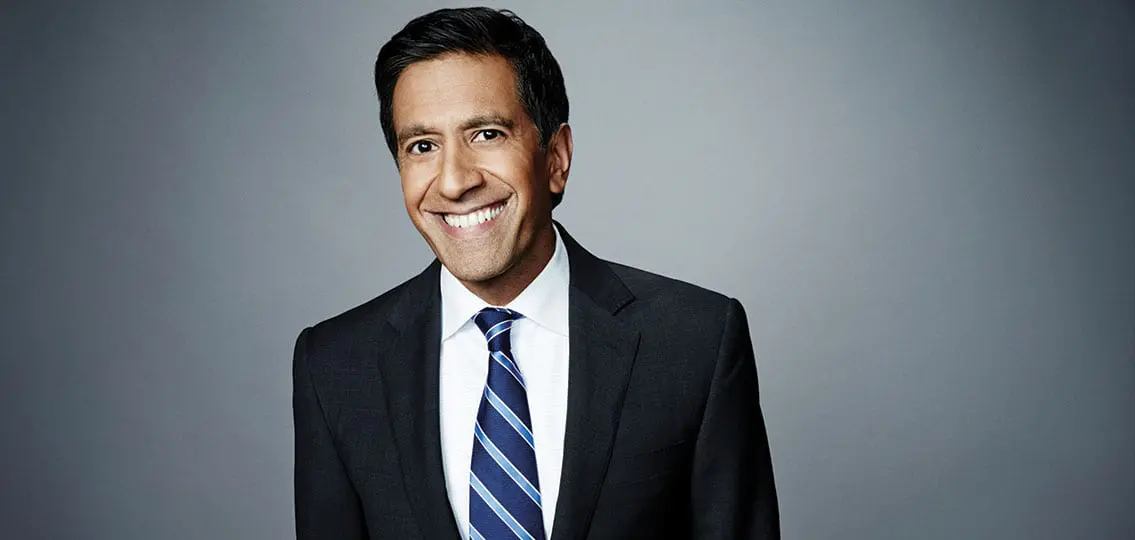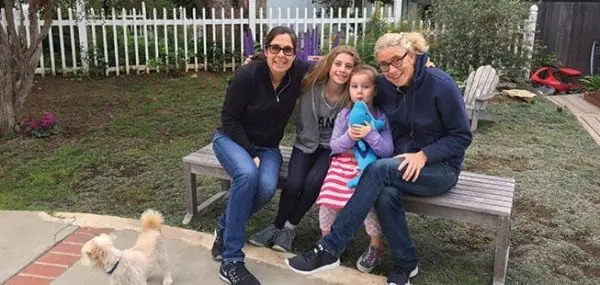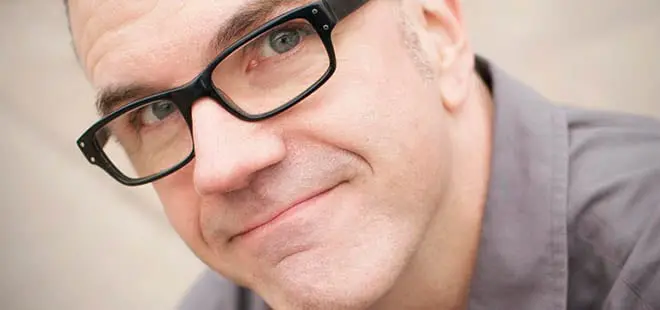Sanjay Gupta, CNN’s chief medical correspondent, is playing an integral role in all of the network’s health and medical coverage. He has traveled around the world for his work and has won multiple Emmys. At home, though? He’s the parent of three daughters and, like the rest of us, he’s figuring it out.
Sanjay Gupta interview
Q: You talk a lot about multitasking, and how we think we’re being efficient, but we’re not really. How does this culture of multitasking affect teenagers?
Gupta: People have the perception that they are more efficient than they are. You may accomplish more tasks, but maybe not at the level you could. I just spent some time with Jean Twenge, a behavioral psychologist out of Stanford who wrote this book called iGen. It fascinated me. She made the case that the brains of teens who were born after 2005, who are just becoming teens now, versus the brains of teens before that, are fundamentally very different. For various reasons, including smartphone technology. It’s one of the biggest behavioral shifts ever recorded.
Q: Do you have firm limits on technology in your house?
Gupta: We’re not great with that. We allow our kids to get a phone when they finish 6th grade, which they constantly remind me is late. They’ll pull up articles and show me the average age is 6 years old. We allow my oldest to use social media, but we have made an agreement that we have access to all that social media as well. We check in on certain accounts that are private. We limit her screen time. We have certain things in the house where we can turn off Wi-Fi at certain times so the kids are not on devices.
Family And Television
Q: What surprises you most about technology?
Gupta: What really struck me is some of the statistics that kids are safer now than in the past. Twelfth graders now go out less than 8th graders used to go out. They drink less; they get their driver’s license later. But my oldest, if she dives into social media for a while, a lot of times, she comes out of it less happy. Physically safer, but mental-health-wise, more affected.
Q: What do you think about everyone photographing everything? Lived experience isn’t enough unless you can brag about it.
Gupta: It’s mystifying. In the middle of something really beautiful, our brains and our minds are not enough to record this wonderful thing that you are seeing. It’s not even recorded unless you record it. I’ve been at birthday parties where it’s in a great location with a pool, and every kid is sitting off, maybe next to each other, but all on their devices. It’s really frightening sometimes.
Q: Are you a strict parent?
Gupta: I think if you were to ask my kids, my wife is definitely the enforcer in the family. Part of it is personality, and part of it is that she does spend more time with them. If I’m not spending as much time, I don’t think it’s appropriate to be the enforcer.
Q: What kind of parent are you?
Gupta: What has been really good for me as a dad is that I am a lifelong learner. I think knowledge is one of the greatest things I could possibly give my kids. They may moan and groan when I say we’re going to talk about X today, I’m going to tell you things that I’ve been thinking about, and I want to hear what you think. The moaning and groaning happens at the beginning, just like when you ask somebody to go to the gym—but then when they’re done with the workout, they love it.
Q: How do you balance family life with your profession?
Gupta: I don’t think I’m a person that you’d look at and say, “He’s figured that out.” I don’t think of it as a balance. I let my kids in on my professional life, and I ask their opinion on things, stories that I’m doing, and I think they love that part of it. I’m gone more than I should be, more than I want to be, but it seems to have worked out okay so far.
Q: You’ve had some criticism. How do you process that? Do you bring your girls into that?
Gupta: You can’t hide from criticism these days, especially when you have kids who have social media and they can surf the internet. I think my kids have Google alerts on me so they know what’s happening with Dad at any given time. We do talk about it. I think it’s an opportunity. My approach is, I’m not perfect. If I got criticized and I deserved it, then I’ll listen to it and fix it. If it’s not a warranted criticism, then you can’t use the emotional and mental bandwidth in thinking about it. I tell my kids, nobody is perfect. If somebody is critical, listen to them. If you think it has merit, fix it. If it doesn’t, move on.
Q: You were one of People magazine’s Sexiest Men. Is that a big moment in your life?
Gupta: It was sort of a funny thing because I have always been who I was, and suddenly you do television and now you’re a sexy guy. You haven’t changed at all. You’re still the same person. I was a single guy at the time, although my wife and I had been dating. We joked that we’re all going to get old, and one day I’ll look back and show the grandkids. It was a fun experience. But it’s not something we memorialized in any way.




